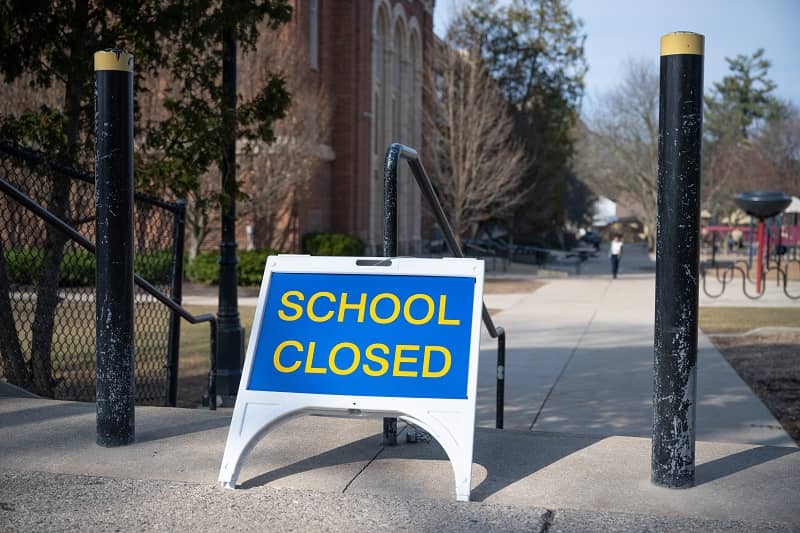
Oregon passed its charter school law to foster educational freedom. The recent negotiations over the Mitch (Multisensory instruction teaching children hands-on) Charter School in Tigard-Tualatin illustrates one of the law’s several flaws.
Charter schools must receive approval from the local school district, a significant obstacle warned about in Cascade Policy Institute’s Oregon Charter Policy Handbook. This is equivalent to letting Burger King decide if McDonalds gets to exist in the same neighborhood. Tigard-Tualatin only reluctantly approved Mitch’s charter and was slow to sign a contract that would allow Mitch’s supporters to spend money and hire staff.
For many districts, the decision of whether to approve a charter is primarily a financial concern. Charter schools receive 80 percent of the state funding, and the local district receives the other 20 percent. Thus, the district gets a smaller chunk of revenue, but without the cost of educating students. Mitch could be particularly beneficial to the district’s bottom line because it aims to attract private and homeschool students who previously were not a revenue source.
Charter schools that attract students from private or home education give parents another option, but because such students come from outside the government system it places little pressure on the district to improve. It is a win-win from the district’s point of view: more money but still no competition.
Oregon’s charter law is an important first step in expanding educational freedom, but it is too restrictive. To provide greater education freedom for students and teachers, the charter law should look to states such as Arizona and reduce restrictions on the creation of new schools.
© 2006, Cascade Policy Institute. All rights reserved. Permission to reprint in whole or in part is hereby granted, provided the author and Cascade Policy Institute are cited. Contact Cascade at (503) 242-0900 to arrange print or broadcast interviews on this topic. For more topics visit the QuickPoint! archive.











